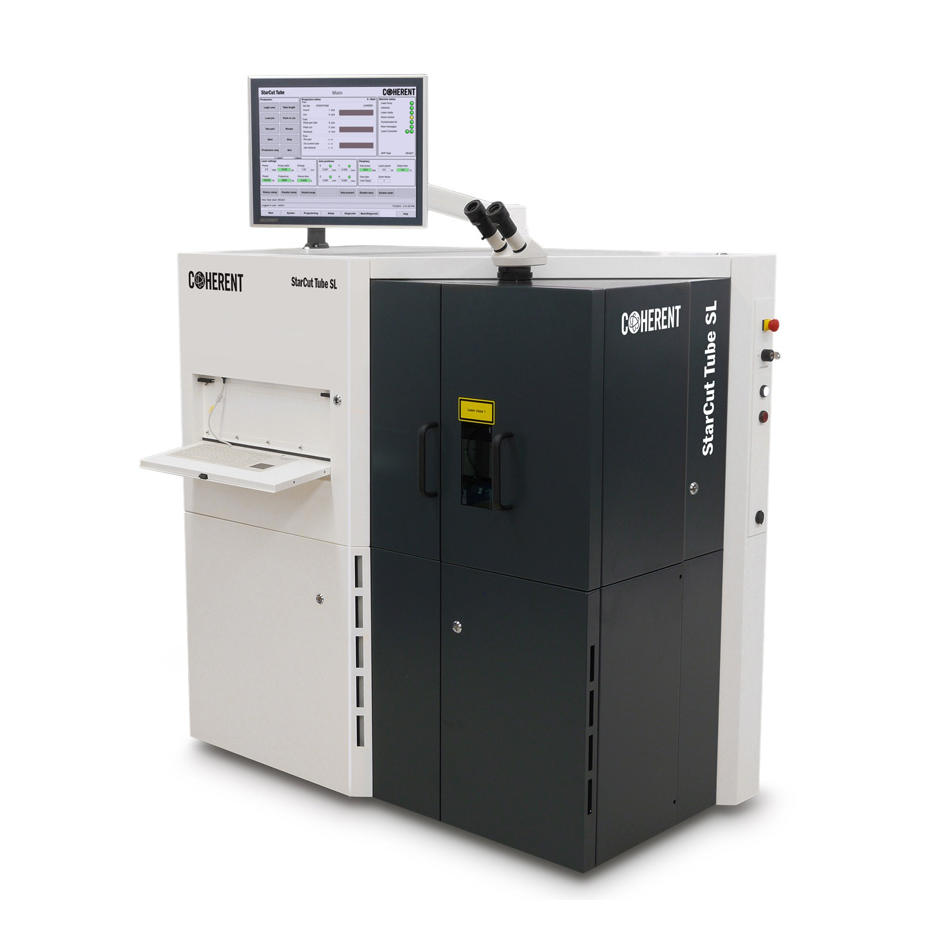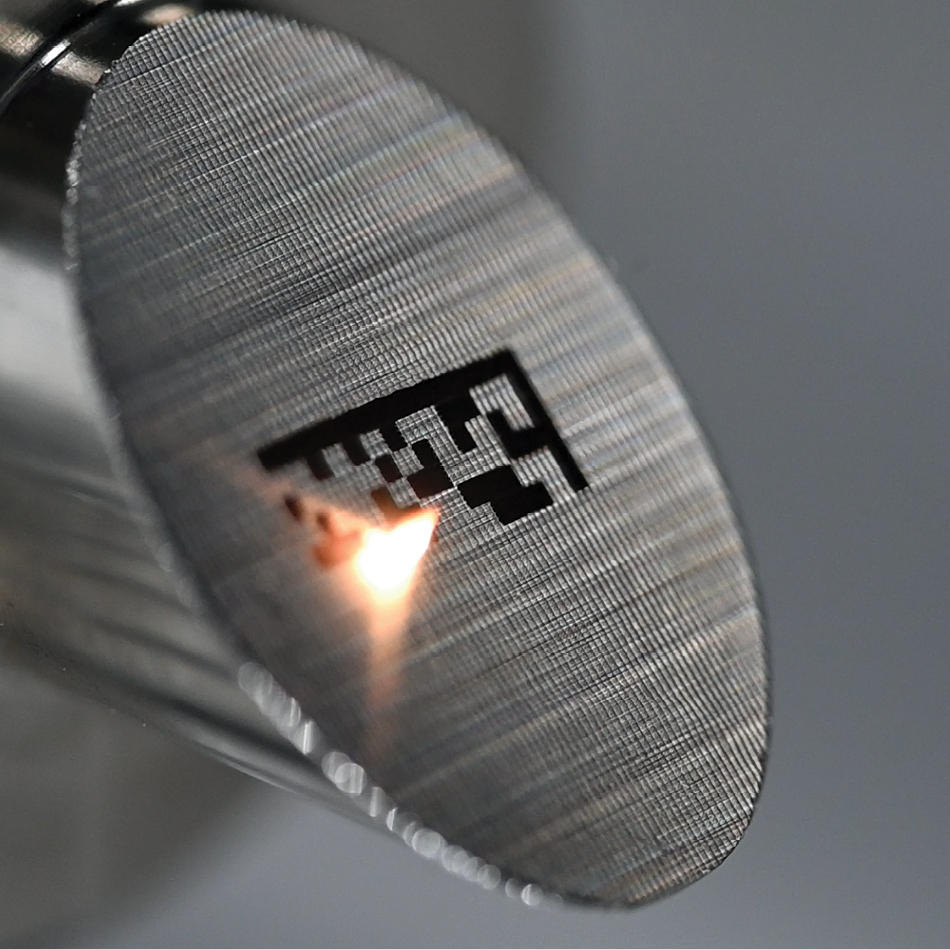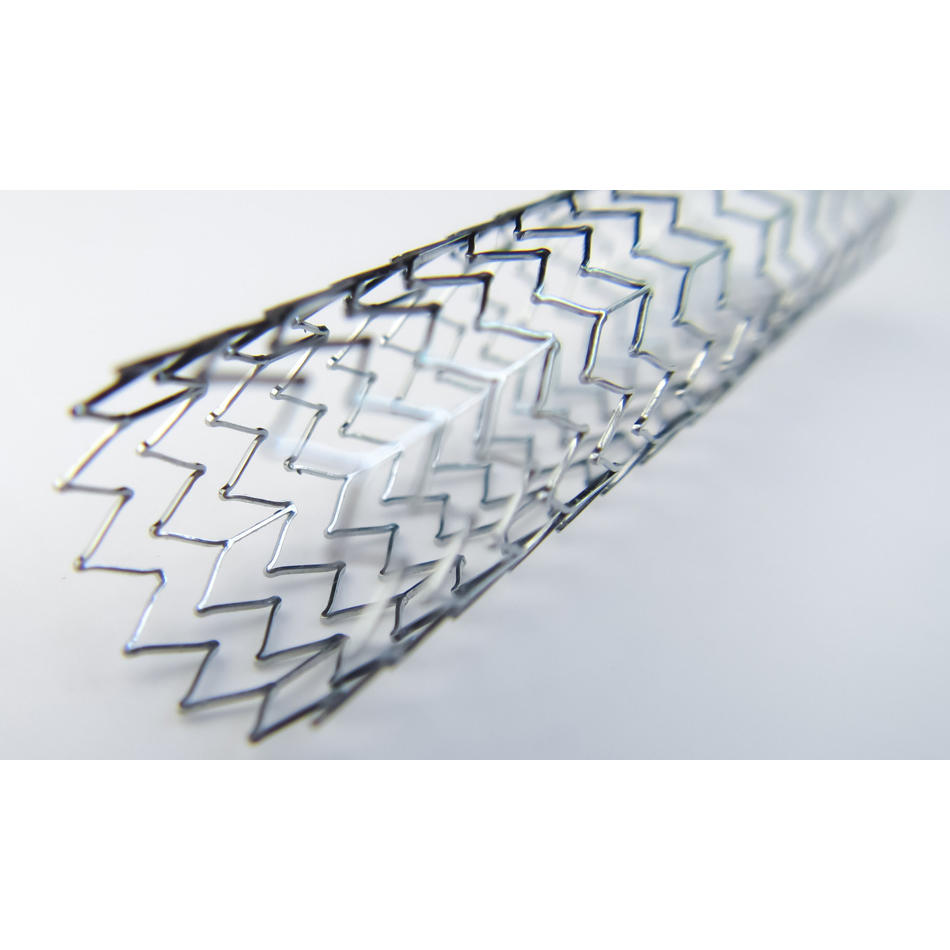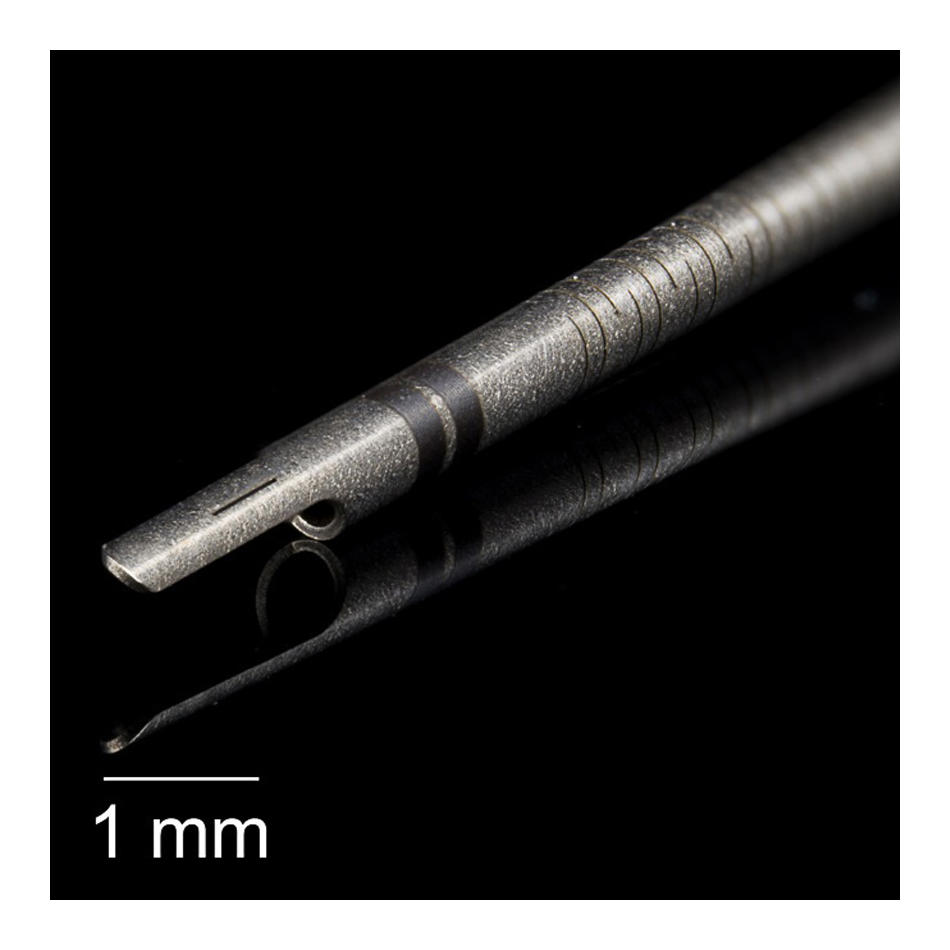Medical Device Manufacturing: Saving Lives, Cutting Stents with Lasers
Lasers are widely used in medical device manufacturing – stents alone number in the millions every year – enabling minimally invasive procedures that save lives and avoid the complexity, cost, and elevated risk of open surgeries.
September 28, 2021 by Coherent
The sharp pain in the chest often comes without warning. Someone calls emergency services. The ambulance arrives in minutes, screeching to a halt. The paramedics rush into the house. Thankfully the patient is still breathing, determined to be stable, and is put on a stretcher and immediately carried to the ambulance, which hurtles down the road, sirens blaring and lights flashing. It sounds like a scene from a low-budget TV show, but thousands of events like this play out every day in the US alone. Every time, a life hangs in the balance because of a myocardial infarction (MI), usually called a heart attack.
Fast forward now to the hospital. In the treatment room called the “Cath Lab,” a cardiologist administers a local anesthetic in the patient’s groin and inserts a precision catheter tool into an artery, and deftly manipulates it up into the heart. Its progress is viewed through real-time x-ray imaging. The cardiologist quickly spots the blockage or blockages and goes to work fast. A “guidewire” is pushed past the blockage. The balloon on the end is inflated which forces open the blocked vessel and restores proper blood flow to the heart.
More often than not, a mesh tube (stent) is inserted along with the balloon catheter. It expands when the balloon is inflated. The stent is left there to help keep the artery open.
After checking on the x-ray monitor that blood is flowing properly, the catheter and guidewire are removed, the artery in the groin is clipped closed and the small insertion is sutured or glued. All of this minimally invasive procedure was done in just minutes. Whew!
Laser cutting and laser welding of medical devices made this possible
Now you may have known all about this type of angioplasty already. You may even have had such a procedure yourself. But we’re betting most of you didn’t know that laser cutting and welding were absolutely vital in making all of this possible. That’s right, the catheter, the guidewire, the balloon, and most importantly the stent, were all made using lasers, often Coherent laser machines.
We say the stent is most important because that’s the piece that gets left in the body, usually forever. And that puts some rather special requirements on it. The main challenge is to avoid something restenosis. This happens when the stent triggers the formation of blood clots and new plaque blockages. Then we’re right back to where we started with a blocked coronary artery again.
Stents are widely used to re-open other blood vessels too. The stent frame is usually made of medical-grade stainless steel or sometimes the “memory metal” called nitinol. It turns out that a key to minimizing the risk of any restenosis is avoiding any rough edges or surfaces on the stent. Many stents today take it a step further and are coated with a bioabsorbable material that slowly (over weeks) dissolves away in the body. This improves outcomes because as it dissolves, the material releases a drug that actively stops clotting or scar formation.
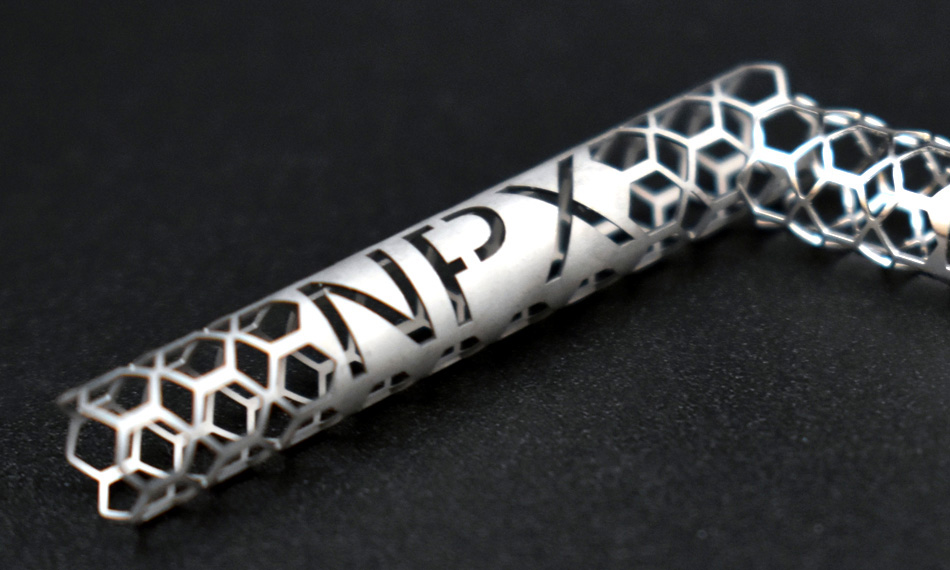
Laser machines optimized for 3D cutting of stents and catheters
Now when it comes to machining metals, if your main concerns are precision and edge quality, then nothing can match a laser. That’s why most stents–plus the catheter insertion devices–are produced by precision laser cutting in three dimensions, starting with just a blank tube. Coherent has a machine called the StarCut Tube optimized specifically for these 3D cutting applications and related medical devices.
But which is the best type of laser? One of the rules in laser cutting is that if you need smoother edges, then shorter is always better; you use a laser with a shorter wavelength (e.g., ultraviolet) or a shorter pulse width, or both. This avoids any melting and distortion of the edges in a cutting process that is then called “cold ablation.”
Monaco industrial femtosecond lasers change the stent cutting landscape
Over the years, in the laser industry, we’ve supported stent cutting with machines incorporating excimer lasers with ultraviolet output, and fiber lasers with nanosecond pulse widths. However, in the past couple of years, the development of industrial-grade ultrashort pulse (USP) lasers with both femtosecond pulse widths and high average power has proved to be a game-changer for cutting metal stents. (A femtosecond is a millionth of a billionth of a second). In fact, the edge quality created by today’s femtosecond cutting is so good, that many of the traditional post-processing polishing steps are now no longer needed when creating a stent. Our Monaco is a great example of this new type of industrial laser.
Hopefully, you never need to have a stent inserted for any reason. But if you do, you can be confident that it was made to the highest standards using the latest laser technology – quite probably using a laser machine from Coherent.
Related Resources
